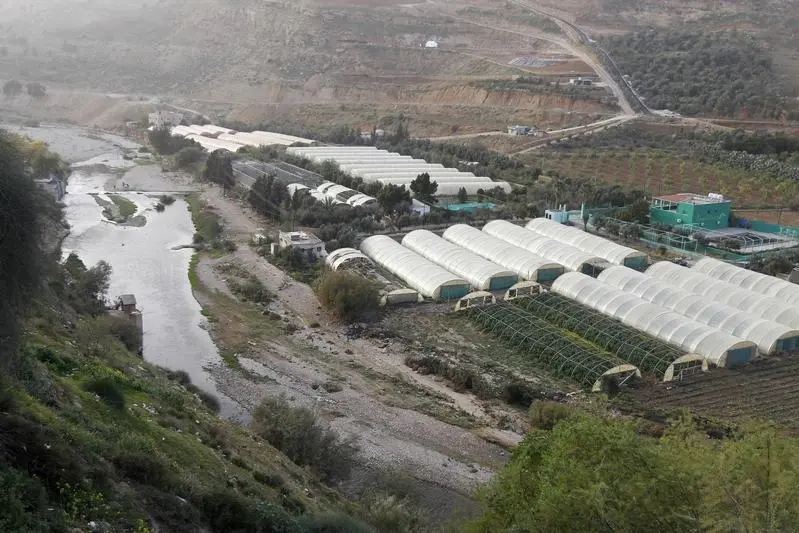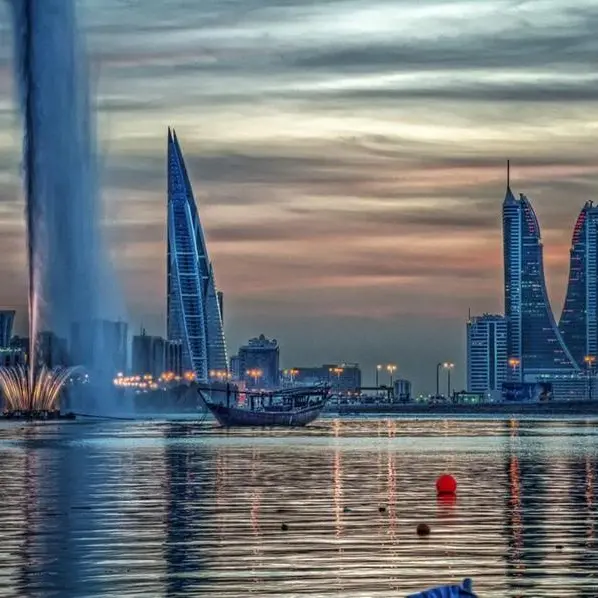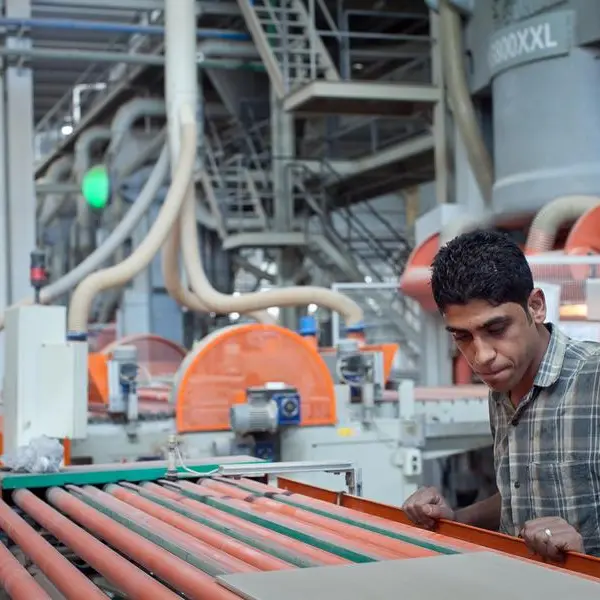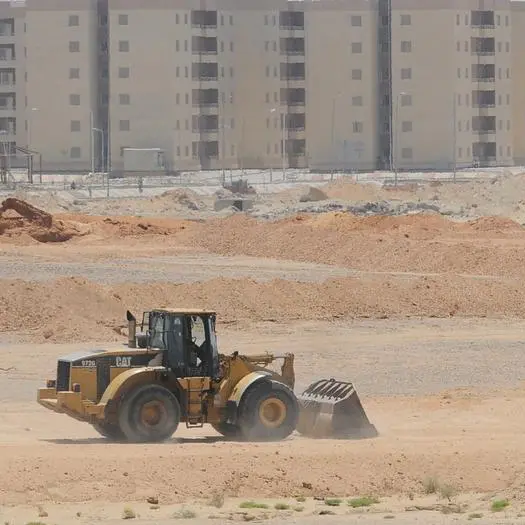PHOTO
AMMAN - Prime Minister Habib Essid Tuesday kickstarted an agricultural project of 'Agromillora Middle East' which extends over nearly 50,000 square metres in area.
Tunisian private investors hold 65% of the capital of 'Agromillora Middle East;' the rest is shared among investors from Jordan (20%) and Spain (15%).
The firm is specialised in the production and marketing of fruit tree seedlings (olive trees, almonds, etc) and crop improvement.
'Agromillora Middle East' provides Saudi Arabia, Iraq, Egypt, Syria and Lebanon with top-quality seedlings and a wide-variety of fruits, managers said.
Executive Director Khaled Dridi told TAP the company which now produces 3 million seedlings (olive trees and others) intends to make use of the know-how of its Tunisian experts to bring its production capacity to 6 millions.
He also shed light on challenges in Tunisia, including the rise in costs and the lack of handling services to the Middle East; Jordan was picked on account of its proximity to the Middle East, he pointed up.
The agricultural project, in the area between Amman and the Dead Sea, consists in plastic greenhouses that lie over 16,400 square metres.
It is equipped with the best available technology along with systems for the irrigation and protection of crops and needed fertilisers.
© Tunis-Afrique Presse 2015





















